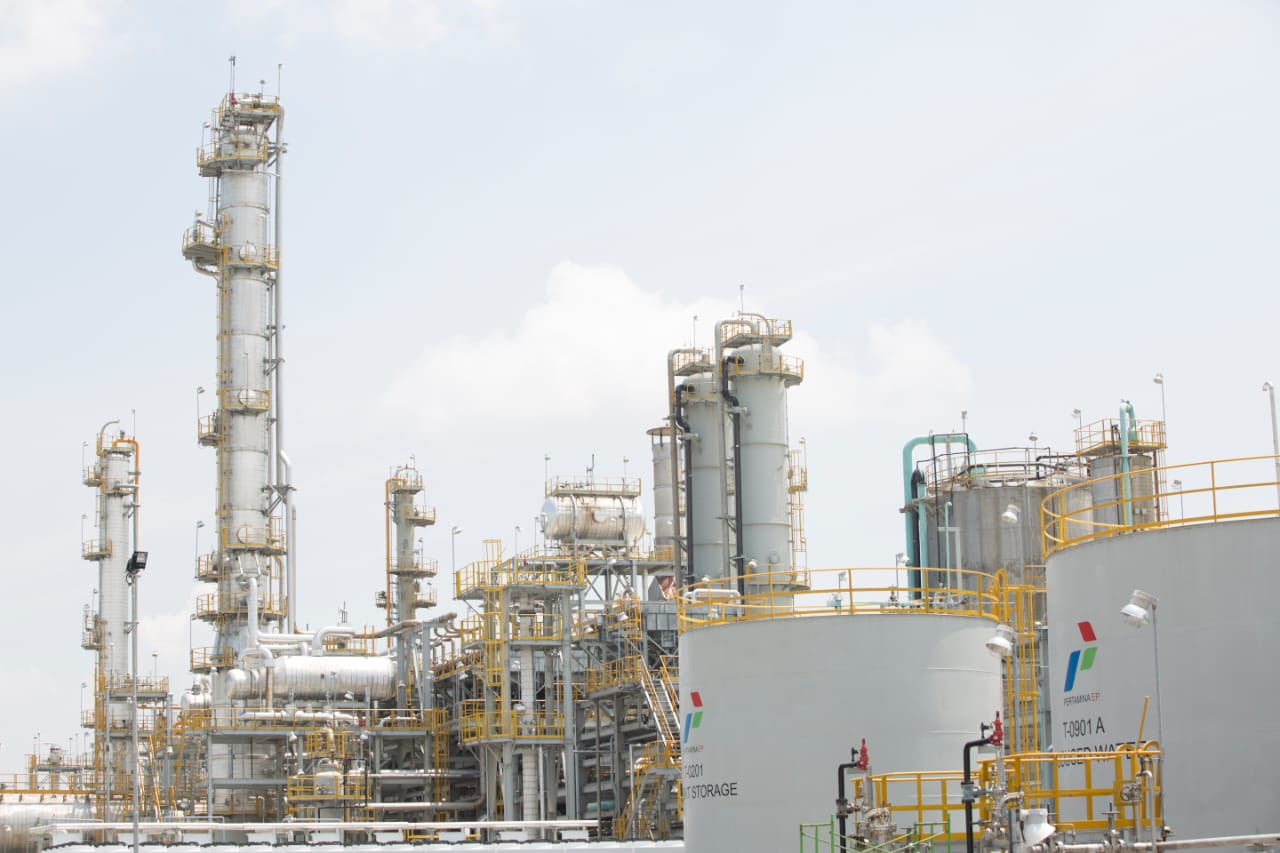
(Photo: Pertamina)
Indonesia has issued a presidential regulation regarding carbon capture and storage (CCS), allowing CCS operators to set aside 30% of their storage capacity for imported carbon dioxide.
The regulation, took effect on Jan. 31, stated that oil and gas contractors could use depleted reservoirs or aquifers within their blocks for CCS operations. The government has said that these operations have the potential to store at least 400 billion tons of CO2 equivalent.
Indonesian government will collect royalties from storage fees charged by the CCS operators.
CO2 stored for the CCS operations could come from emissions by upstream oil and gas activities, refineries, power plants and by industrial activities from Indonesia and abroad.
Companies that operate CCS could allocate 30% of their total carbon storage capacity for storage of carbon emitting from other countries, according to the regulation.
To store carbon from overseas, Indonesia would only permit emitters that have invested in the country or are affiliated with companies that have done so, and the government must have a bilateral agreement with the government where the emission came from.
Oil and gas giant BP in Nov. 2023 launched construction of a carbon capture, utilization and storage (CCUS) project in West Papua province. Indonesia’s state energy firm Pertamina has agreed with US oil majors Exxon Mobil and Chevron to discuss investment of CCS projects in the country.
Energy Ministry data indicates there are 15 CCS and CCUS projects in various stages of preparation in Indonesia with a combined investment of nearly US$8 billion, including BP’s project.
However, CCS projects remain controversial. Critics say they are unproven at such a large scale to reliably store large amounts of carbon dioxide for the long-term and would need constant monitoring to ensure the CO2 does not leak back into the air.
There are also concerns that capturing and storing carbon dioxide delays the transition from polluting fossil fuels, which is the primary cause of climate change.





